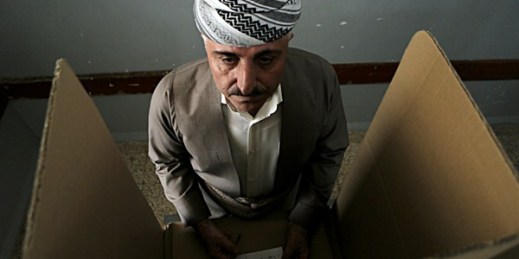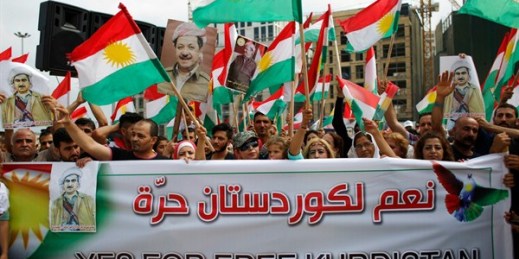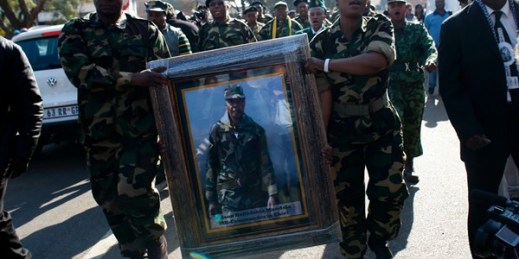
Iraq’s semi-autonomous Kurdistan region made history this week by voting “yes” in a highly contested referendum on independence from the central government in Baghdad. While the poll is only one step in what is sure to be a long, fraught political process, it points to a broader push for autonomy by Kurds throughout the region, including in Turkey, Syria and Iran. With the self-proclaimed Islamic State in retreat and Syria’s war winding down, WPR has compiled 10 key readings on the buildup to the referendum and what comes next. Purchase this special report as a Kindle e-book. Road to the […]



